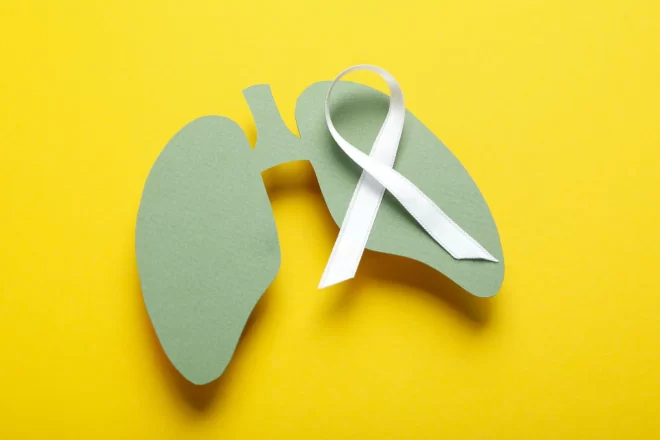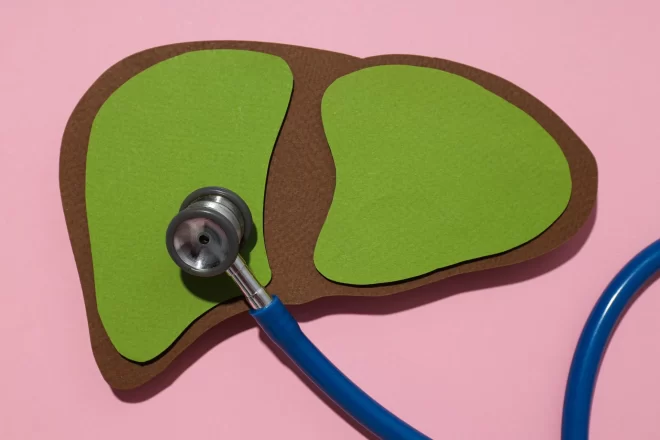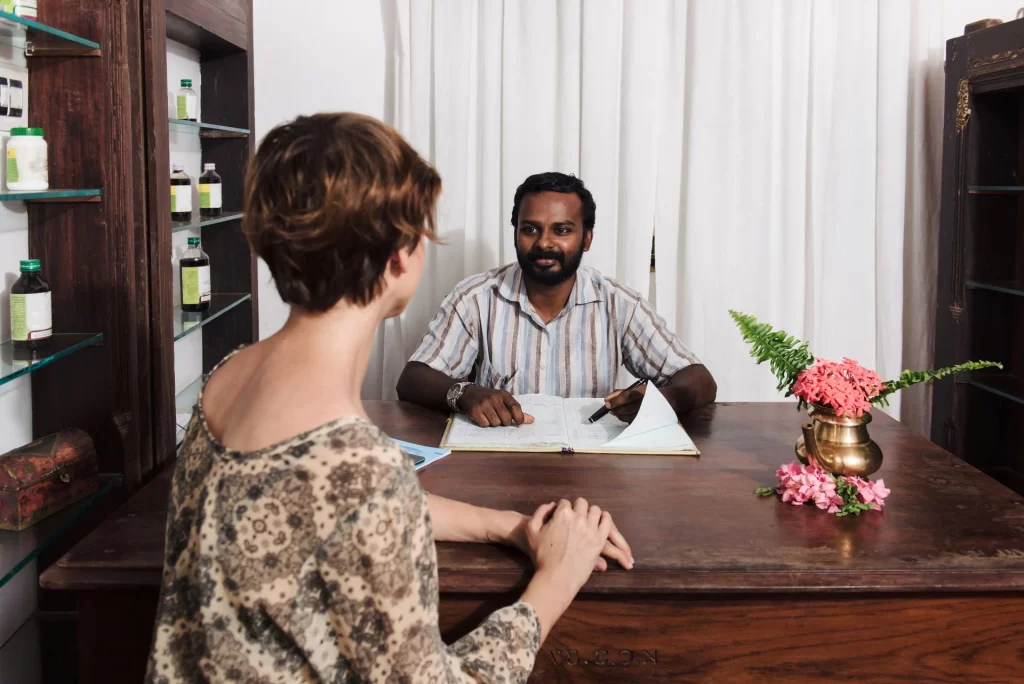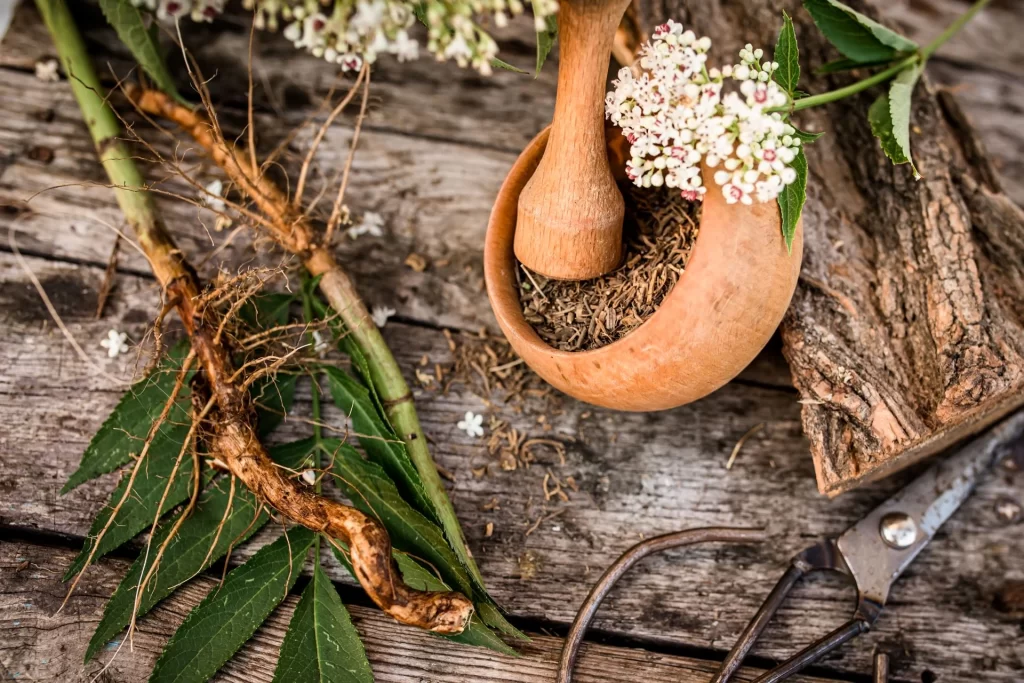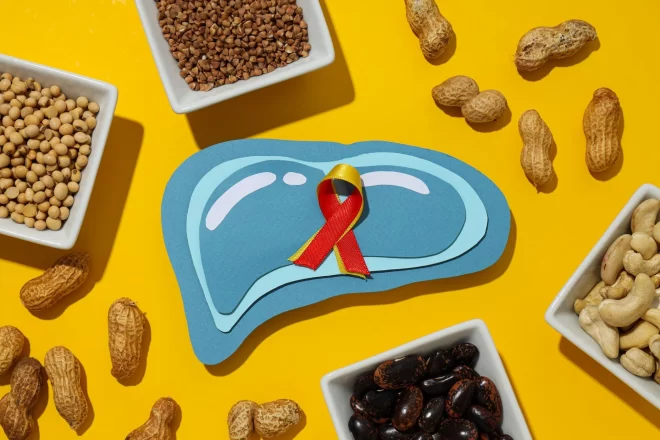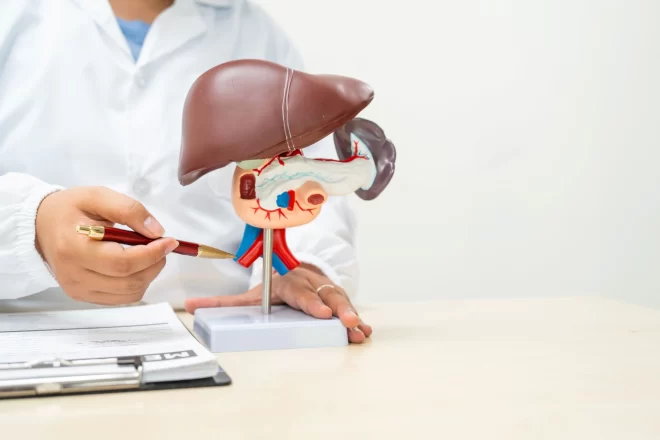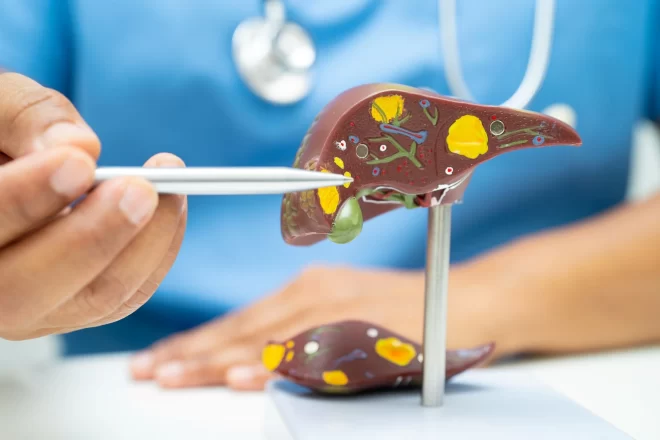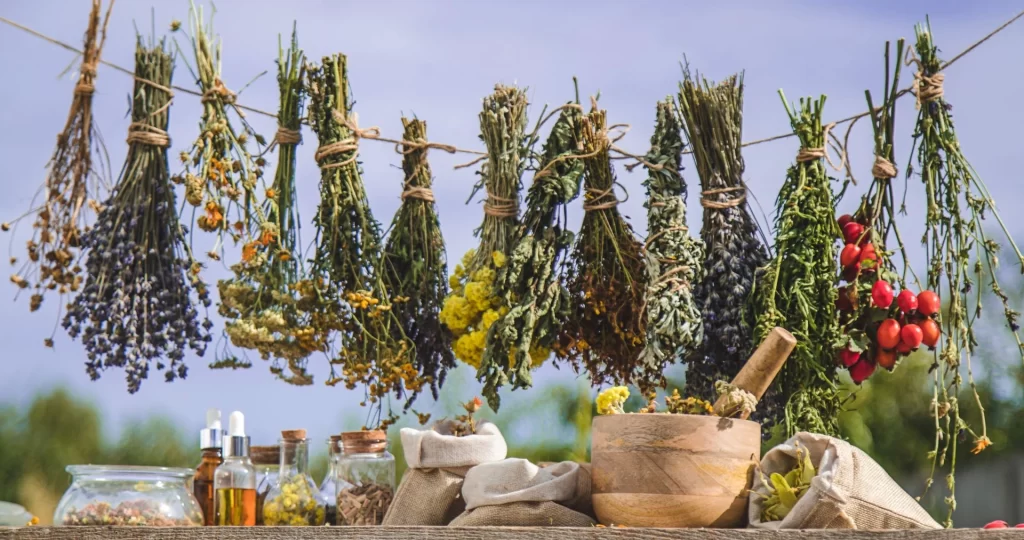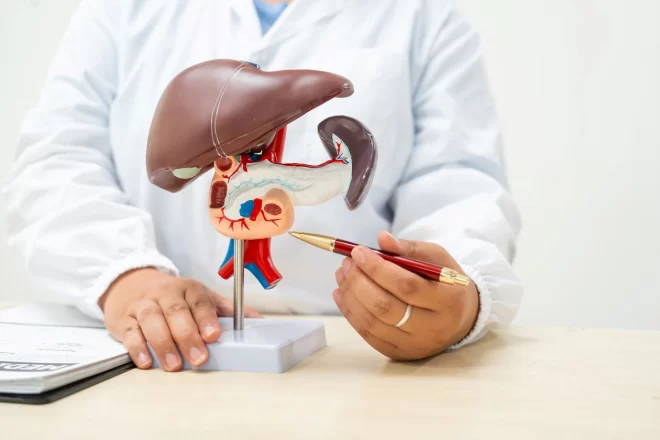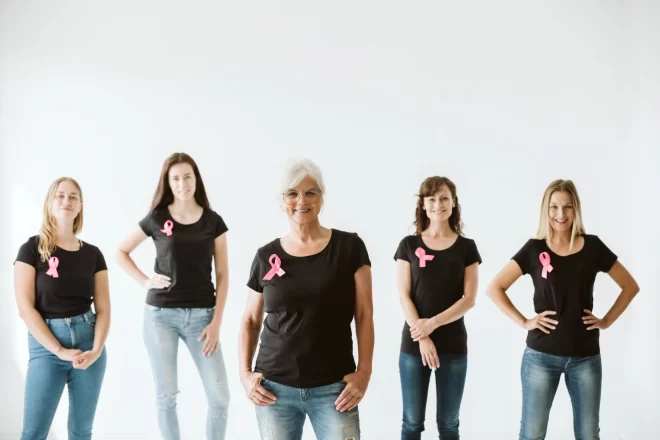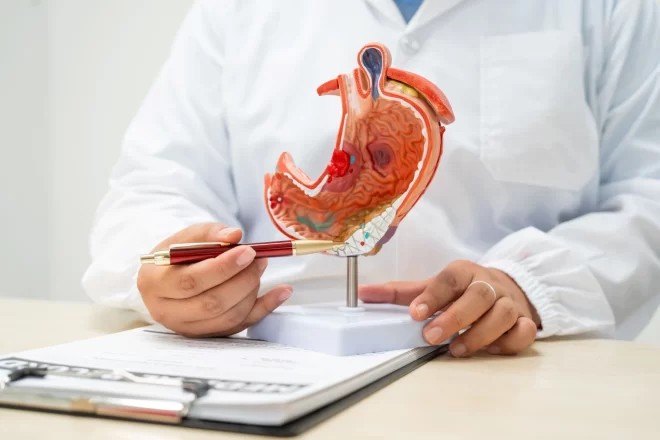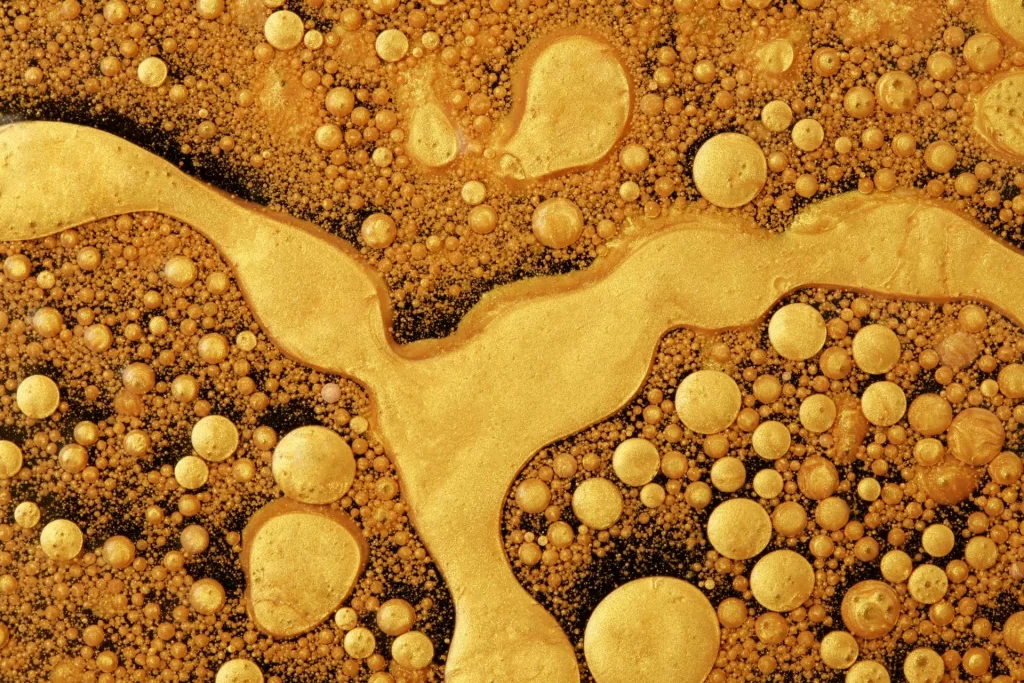फेफड़ों का कैंसर क्या है?
फेफड़ों की कोशिकाओं में शुरू होने वाले एक प्रकार के कैंसर को फेफड़ों का कैंसर कहा जाता है। यह भारत और विश्व स्तर पर कैंसर के सबसे प्रचलित रूपों में से एक है। किसी भी अन्य प्रकार के कैंसर की तुलना में फेफड़ों के कैंसर से ज़्यादा लोग मरते हैं। कई आनुवंशिक और एपिजेनेटिक असामान्यताएं फेफड़ों के कैंसर के बहु-चरणीय विकास में योगदान करती हैं, और इसके परिणामस्वरूप होने वाले आणविक परिवर्तन अंततः स्वस्थ फेफड़ों की उपकला कोशिकाओं को कैंसर कोशिकाओं में विकसित होने का कारण बनते हैं।
हालाँकि तम्बाकू का सेवन सांख्यिकीय रूप से फेफड़ों के कैंसर का प्रमुख कारण है, लेकिन यह याद रखना ज़रूरी है कि फेफड़ों के कैंसर के 20% मामले धूम्रपान न करने वालों या अपने जीवनकाल में 100 से कम सिगरेट पीने वालों में होते हैं।
फेफड़ों के कैंसर पर वैश्विक आँकड़े
विश्व स्वास्थ्य संगठन (WHO) के अनुसार, फेफड़ों का कैंसर विश्व स्तर पर और भारत में सबसे प्रचलित प्रकार का कैंसर है। यह दुनिया भर में रिपोर्ट किए जाने वाले सभी कैंसर के मामलों का लगभग 11.6% है। दुनिया भर में कैंसर से होने वाली सभी मौतों में फेफड़ों के कैंसर का योगदान लगभग 18.4% है, जो इसे कैंसर से होने वाली मौतों का प्रमुख कारण बनाता है। अनुमान के अनुसार, 2020 में दुनिया भर में फेफड़े के कैंसर के 2.2 मिलियन मामले दर्ज किए गए थे, और इस बीमारी को 1.8 मिलियन मौतों का कारण माना गया था। वैसे, कम और मध्यम आय वाले लोग फेफड़े के कैंसर से होने वाली मौतों के लिए ज़िम्मेदार हैं।
फेफड़ों के कैंसर के कारण
सिगरेट, सिगार या पाइप पीना फेफड़ों के कैंसर का मुख्य कारण है। फेफड़ों के कैंसर के 85% से ज़्यादा मामले तम्बाकू के सेवन के कारण होते हैं। जब तम्बाकू जलाया जाता है, तो उसमें से ज़हरीले रसायन निकलते हैं जो डीएनए को तोड़ते हैं और फेफड़ों के कैंसर का कारण बनते हैं। फेफड़ों के कैंसर में एक और महत्वपूर्ण योगदानकर्ता रेडॉन गैस है, जो प्राकृतिक रूप से पाई जाने वाली गैस है जो धरती से घरों और इमारतों में रिसती है।
फेफड़ों का कैंसर लंबे समय तक उच्च रेडॉन स्तरों के संपर्क में रहने से हो सकता है। डीजल निकास, एस्बेस्टस, आर्सेनिक और अन्य धातुओं सहित विशिष्ट रसायनों और सामग्रियों के संपर्क में आने से भी फेफड़ों के कैंसर का जोखिम बढ़ सकता है।
यह आम तौर पर जाना जाता है कि जिन लोगों ने कभी धूम्रपान नहीं किया है या जो कभी भी स्थापित जोखिम कारकों या विषाक्त पदार्थों के संपर्क में नहीं आए हैं, उन्हें भी फेफड़ों का कैंसर हो सकता है। ये मामले वंशानुगत या अधिग्रहित आनुवंशिक परिवर्तनों के कारण होते हैं, जबकि कई अन्य कारण हैं जिन पर और शोध की आवश्यकता है।
फेफड़े के कैंसर का संकेत या लक्षण
शुरुआती चरणों में कोई लक्षण न होने से लेकर अपने उन्नत चरणों में गंभीर लक्षण होने तक, फेफड़े के कैंसर में कई तरह के लक्षण दिखाई दे सकते हैं। हम फेफड़े के कैंसर के सबसे आम लक्षणों पर भी चर्चा करेंगे:
“लगातार खांसी” शब्द का अर्थ ऐसी खांसी है जो पारंपरिक उपचार से ठीक नहीं होती या ठीक नहीं होती।
1) सांस फूलना या सांस फूलना: सांस लेने में तकलीफ या सांस फूलना, यहां तक कि साधारण काम या दैनिक नियमित गतिविधियां करते समय भी जिन्हें व्यक्ति पहले आसानी से पूरा कर लेता था।
2) बिना किसी कारण के वजन कम होना: बिना जल्दी वजन कम करने की कोशिश किए भी, बिना किसी कारण के वजन में कमी आमतौर पर पहले दर्ज किए गए कुल वजन का 10% से अधिक होती है।
3) भूख में कमी: पहले जितना खाना नहीं खा पाना।
4) थूक में खून आना: खून की खांसी।
5) अतिरिक्त आम लक्षणों में थकावट, स्वर बैठना और सीने में दर्द शामिल हैं।
यह याद रखना महत्वपूर्ण है कि ऊपर सूचीबद्ध कोई भी लक्षण विभिन्न प्रकार की बीमारियों में पाया जा सकता है, इसलिए स्वास्थ्य देखभाल पेशेवर से बात करना आवश्यक है।
फेफड़ों के कैंसर के लिए आयुर्वेदिक उपचार
आयुर्वेद सदियों पुरानी भारतीय चिकित्सा प्रणाली है जिसे लंबे समय से विभिन्न प्रकार के ट्यूमर और नियोप्लाज्म को रोकने या बाधित करने की क्षमता के लिए पहचाना जाता है। भले ही समकालीन शोधकर्ता और वैज्ञानिक आयुर्वेद और इसकी जीवनशैली के बारे में अधिक जानने में अधिक रुचि रखते हों, लेकिन आयुर्वेद के सिद्धांत कालातीत हैं।
कैंसर के मूल कारण का पता लगाना और इसकी शुरुआत को रोकना आयुर्वेदिक विज्ञान का प्राथमिक उद्देश्य है, और आयुर्वेदिक कैंसर उपचार तीन बुनियादी श्रेणियों में आता है:
ए) मौखिक दवाएं।
बी) कई कर्म जो पंचकर्म से संबंधित हैं।
सी) प्राणायाम।
मौखिक औषधियाँ
विभिन्न आयुर्वेदिक योगों में हर्बल और हर्बोमेटेलिक दोनों तरह की दवाएँ शामिल हैं, जिनका उल्लेख शास्त्रों में किया गया है। कैंसर के चरण के आधार पर, ये योग फेफड़ों के कैंसर का इलाज करने या उसे ठीक करने में मदद कर सकते हैं।
1) फेफड़ों के कैंसर में लंबी मिर्च या पिप्पली (पिपर लोंगम):
आयुर्वेद में, पिपर लोंगम, जिसे आधुनिक उपयोग में आमतौर पर लंबी मिर्च के रूप में जाना जाता है, को पिप्पली या मगधी के रूप में भी जाना जाता है। हालाँकि यह भारत का मूल निवासी है, पिप्पली, जिसे पाइपर लोंगम के रूप में भी जाना जाता है, पूरी दुनिया में पाई जाती है, खासकर एशिया, अफ्रीका और कई प्रशांत देशों में। पिपर लोंगम के चूर्ण और धूप में सुखाए गए फल, जिसे लंबी मिर्च के रूप में भी जाना जाता है, का उपयोग खाना पकाने और अतिरिक्त आयुर्वेदिक दवा रचनाओं दोनों में किया जाता है।
2) फेफड़ों के कैंसर में, कंटकारी (सोलनम ज़ैंटोकार्पम):
आयुर्वेद में, सोलनम ज़ैंटोकार्पम, जिसे कंटकारी भी कहा जाता है, को कभी-कभी पीले बेरी वाले नाइटशेड के रूप में संदर्भित किया जाता है और यह सोलानेसी परिवार का सदस्य है। भारत का मूल निवासी, कंटकारी एक ऐसा पौधा है जो एशिया में बहुतायत से उगता है। आयुर्वेद में कंटकारी (सोलनम ज़ैंटोकार्पम) की जड़ों, पत्तियों और फलों का उपयोग बुखार, श्वसन और जठरांत्र संबंधी स्थितियों सहित कई बीमारियों को ठीक करने के लिए किया जाता है। कंटकारी, जिसे सोलनम ज़ैंटोकार्पम के नाम से भी जाना जाता है, एनाल्जेसिक, कैंसर विरोधी और एंटीऑक्सीडेंट गुण प्रदर्शित करता है।।
पंचकर्म
पंचकर्म दो शब्दों से मिलकर बना है: 1) पंच, जिसका अर्थ है पाँच, और 2) कर्म, जिसका अर्थ है क्रियाएँ। परिणामस्वरूप, पंचकर्म मूल रूप से पाँच कर्मों या कर्मों को संदर्भित करता है, जिनका उपयोग शरीर को शुद्ध करने या शुद्धिकरण करने के लिए किया जाता है। वमन, विरेचन, बस्ती, रक्तमोक्षण और नस्य उनमें से हैं।

1) वमन
वर्तमान उपचार के अनुसार, यदि फेफड़ों के कैंसर का जल्दी पता चल जाता है, तो शल्य चिकित्सा द्वारा गांठ को हटाना सबसे अच्छा उपाय है। यदि कुछ अपरिहार्य शारीरिक स्थितियों या अन्य सह-रुग्णताओं, जैसे कि पहले से मौजूद हृदय रोग के कारण गांठ को निकालना संभव नहीं है, तो रेडियोथेरेपी या कीमोथेरेपी की योजना बनाई जाती है। कीमोथेरेपी या विकिरण चिकित्सा के प्रति रोगी की प्रतिक्रिया को बेहतर बनाने के लिए, उपचार शुरू होने से पहले वमन कर्म निर्धारित किया जाना चाहिए।
2) विरेचन
वामन कर्म के बाद, यदि रोगी को छूट की स्थिति में माना जाता है, तो कैंसर की गांठ को हटा दिया जाएगा, और कीमोथेरेपी और विकिरण दिया जाएगा। इसके बाद, आयुर्वेदिक सिद्धांतों के अनुसार, हम कैंसर को फिर से बढ़ने से रोकने के लिए वर्धमान पिप्पली रसायन या चौसठ पिप्पली रसायन थेरेपी की सलाह देते हैं। इसलिए, कैंसर को फिर से बढ़ने से रोकने के लिए रसायन थेरेपी की सिफारिश करने से पहले विरेचन थेरेपी दी जा सकती है, क्योंकि अग्निदीपन और रसायन द्रव्यों के उचित अवशोषण के लिए कोष्ठ सुधि महत्वपूर्ण है।
3) प्राणायाम
योग के सबसे महत्वपूर्ण पहलुओं में से एक प्राणायाम है, जिसमें नियंत्रित श्वास विधियों का अभ्यास किया जाता है। श्वास और चेतना को नियंत्रित करके, प्राणायाम व्यक्ति के शारीरिक, मानसिक और आध्यात्मिक स्वास्थ्य को बेहतर बनाता है।
- नाड़ी शोधन प्राणायाम (वैकल्पिक नासिका श्वास) योग में वर्णित कई प्रकार के प्राणायामों में से एक है।
- खोपड़ी चमकाने वाली श्वास, या कपालभाति प्राणायाम।
- मधुमक्खी श्वास, या भ्रामरी प्राणायाम।
- विजयी श्वास, या उज्जयी प्राणायाम। प्राणायाम व्यक्ति के सामान्य मानसिक स्वास्थ्य का समर्थन कर सकता है, तनाव के स्तर को कम कर सकता है और स्वास्थ्य को बढ़ा सकता है।
📞 +91-9819274611
आपका स्वास्थ्य मेरी प्राथमिकता है, और साथ मिलकर हम एक उज्जवल, स्वस्थ भविष्य की दिशा में काम कर सकते हैं।
– डॉ. रवि गुप्ता, एम.डी. (आयुर्वेद)
आयुर्वेद और पंचकर्म के विशेषज्ञ।
आयुर्वेद कैंसर सलाहकार।

